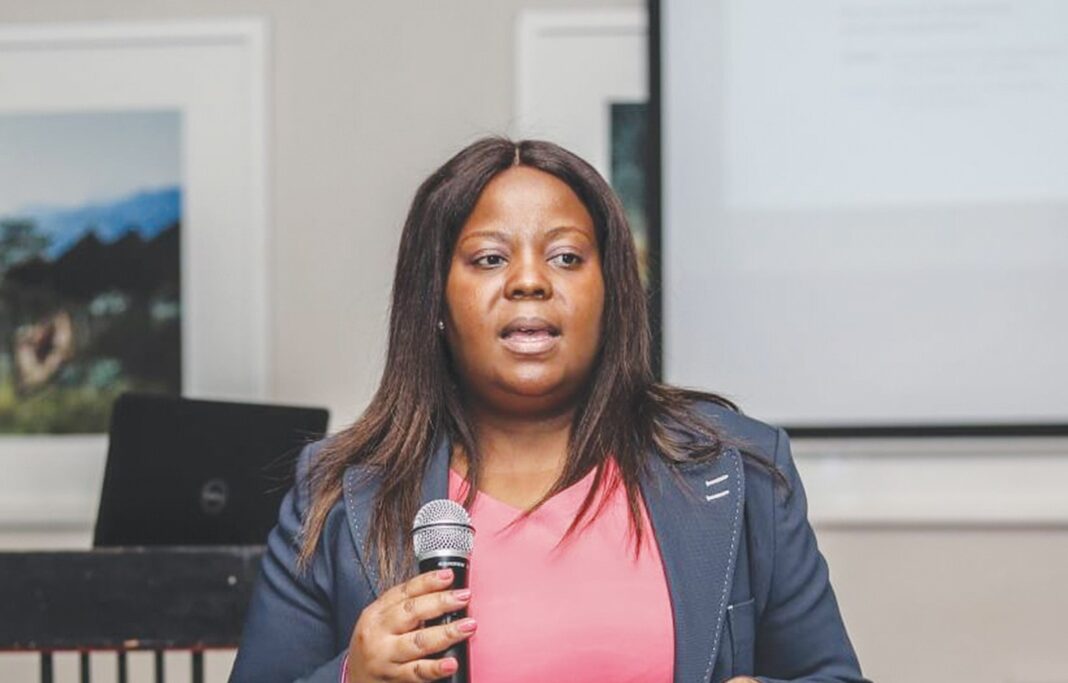By Motšelisi Sekonyela
Tholoana fizzy drink is the first of its kind to be locally developed and produced.
Production of the beverage started in December last year. In the same month, it was ready for consumption after it passed its test at the National University of Lesotho (NUL) Innovation Hub.
The inventor, Bokang Matlosa, is a 31-year old Mosotho woman who studied interior design at the University of Johannesburg but was pushed into manufacturing due to increasing unemployment.
Matlosa’s name is not making headlines for the first time in the drink manufacturing industry.
She made her debut in 2020 by producing nectar syrup. She says it was a rough path to walk on when she had to produce that nectar, the production of fizzy drinks was a different ball game, altogether.
In an effort to find guidance, Matlosa found herself as far as Johannesburg, South Africa in search for experts in this field.
“Even with the help from experts, the right taste did not come easy. It took weeks of trying, until finally the right recipe was found. I had to be satisfied without doubt with the taste because I am hoping to challenge the best in the industry,” Matlosa said.
The brand name ‘Tholoana’ is Sesotho for seed, which to her represents opportunity for change, new beginnings and new hope.
Getting the business off the ground came with a lot of challenges that include lack of funding for buying a fizzy drink plant which she got in Teyateyaneng, in Berea district, with the capacity to produce more than 5000 litres a day.
However, currently only 2000 litres are produced daily due to insufficient capital.
Finding market for her product around Teyateyaneng also came as a challenge which she luckily overcame.
Her product has now hit the market in the Maseru and Berea districts, with hopes of making it to more districts in the country.
Despite the challenges she faced, the biggest motivating factor for Matlosa to tap into the soft drink industry came as a result of a research she conducted on the amount of money Lesotho spends in importing soft drinks.
But she was not sure how much the country incurred in terms of costs for importation of an assortment of beverages.
“One of the things I have learned while doing research is that our country is spending billions of money just to quench its thirst with soft drinks, and as we know, that money ends up enriching other countries and not ours,” she said.
Her desired outcome with this business is to create employment.
Currently she has five fulltime employees and a few that come on call. She is optimistic to make a significant amount of profit that would fund her nectar business.
“Going into this particular business, I just wanted to explore a business that would bring a bit of cash so that I could even use it to fund my syrup production. The challenge with nectar is that it is a high-end product, and as such is costly to produce and market,” said Matlosa.
The beverage comes in two flavours – orange and pineapple – for now. Matlosa can be reached on her mobile number – 57885755.








